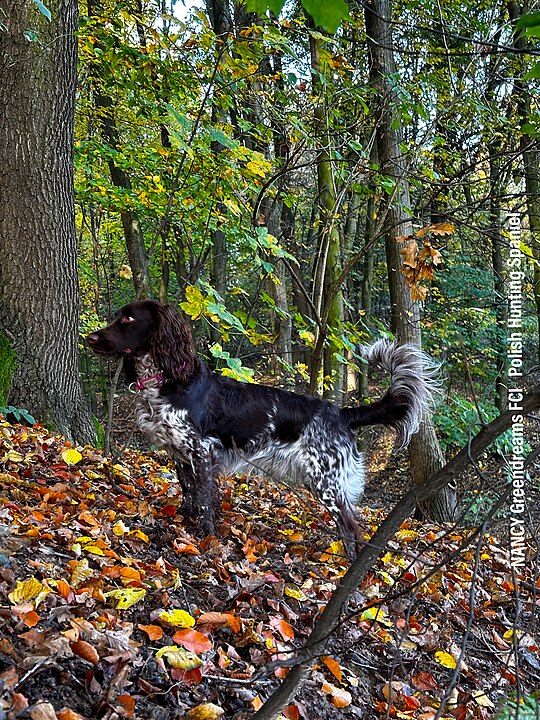The Sussex Spaniel is a very old hunting breed… in fact, it is one of the first breeds ever recognized by the AKC! With a history dating back to the 18th century in Sussex, England, these dogs were developed to work in dense, difficult terrain, using their sturdy, low-to-the-ground build and keen nose to flush game for hunters. Despite their long-standing history, their popularity remains quite low, and not many people are familiar with this wonderful breed. However, those who own a Sussex Spaniel wouldn’t want any other type of dog!
One of the key traits of Sussex Spaniels is their generally easygoing temperaments. They’re calm and steady, though some can develop a strong attachment to their owners, sometimes leading to over protectiveness. This can become a problem if the dog is allowed to get away with whatever they want, so early obedience training is crucial. Sussex Spaniels are often good with older children, but they may not be ideal for homes with very young kids, especially without good supervision, given their strength and sometimes stubborn nature.
Because of their loyalty and attachment to their family, Sussex Spaniels are not the type of dog that should be left alone for long periods. They thrive on companionship and being part of their owner’s daily life. This is not a breed that does well in a kennel environment or left to entertain themselves. They need interaction, not just physical exercise but also mental stimulation. The Sussex Spaniel forms a deep and lasting bond with its family, making it one of the most loyal and affectionate dog breeds. This breed thrives on companionship and tends to be happiest when it can stay close to its owners, often following them from room to room. A true “velcro dog,” the Sussex Spaniel craves constant human contact and enjoys being part of all aspects of family life. They are not dogs who do well when left alone for long periods, as they can become anxious or destructive if deprived of their beloved human companionship.
As you can tell from their jowly faces, Sussex Spaniels are prone to drooling, which is something prospective owners should be prepared for. They can also be picky eaters—some days they’ll love their food, and the next day they’ll turn their nose up at it! Another thing to keep in mind is that they can become destructive when bored, so providing adequate mental stimulation is important. Activities such as hunting, obedience, agility, therapy, rally, or tracking can help channel their energy productively.
Training a Sussex can be a test of patience at times. They are known for being strong-willed and stubborn, and some individuals may try to convince you that they simply don’t feel like training on any given day. However, don’t give in to this stubbornness! Varying the order of commands, incorporating games, and keeping sessions fun can help keep them engaged. Persistence is key, as they can be a bit slow to mature compared to other breeds.
Despite their working-dog origins, Sussex Spaniels are generally less active than many other hunting breeds. They are loyal, faithful dogs who enjoy staying by their owner’s side, and they don’t require as much exercise as most spaniels. They make great traveling companions, particularly in cars, though you’ll need to ensure they don’t overheat, as this breed is not well-suited for hot weather due to their thick, golden-liver-colored coat.
The Sussex is particularly known for his distinctive vocalizations, which set him apart from many other dog breeds. While most dogs bark, Sussex Spaniels are famous for their unique ability to “talk” through grumbling, moaning, and groaning sounds. These vocalizations often occur when they are content, excited, or simply trying to communicate with their owners. Many owners describe it as their Sussex Spaniel having a full range of expressions beyond barking, adding to the breed’s charm and character. In the field, Sussex Spaniels also exhibit a deep, throaty bark, referred to as “giving tongue,” a trait highly valued in hunting dogs. This bark was historically used to alert hunters to the presence of game. Their vocal abilities can be endearing – it’s all part of their charm! Many owners grow to love the little grumbles, snorts, and sighs that seem to communicate everything from happiness to mild discontent.
Although they remain one of the rarer spaniel breeds, their loyal, steady, and unique personality makes Sussex Spaniels a true gem for those willing to put in the time and care. They are a loving, if occasionally stubborn, companion that offers endless loyalty and charm.




